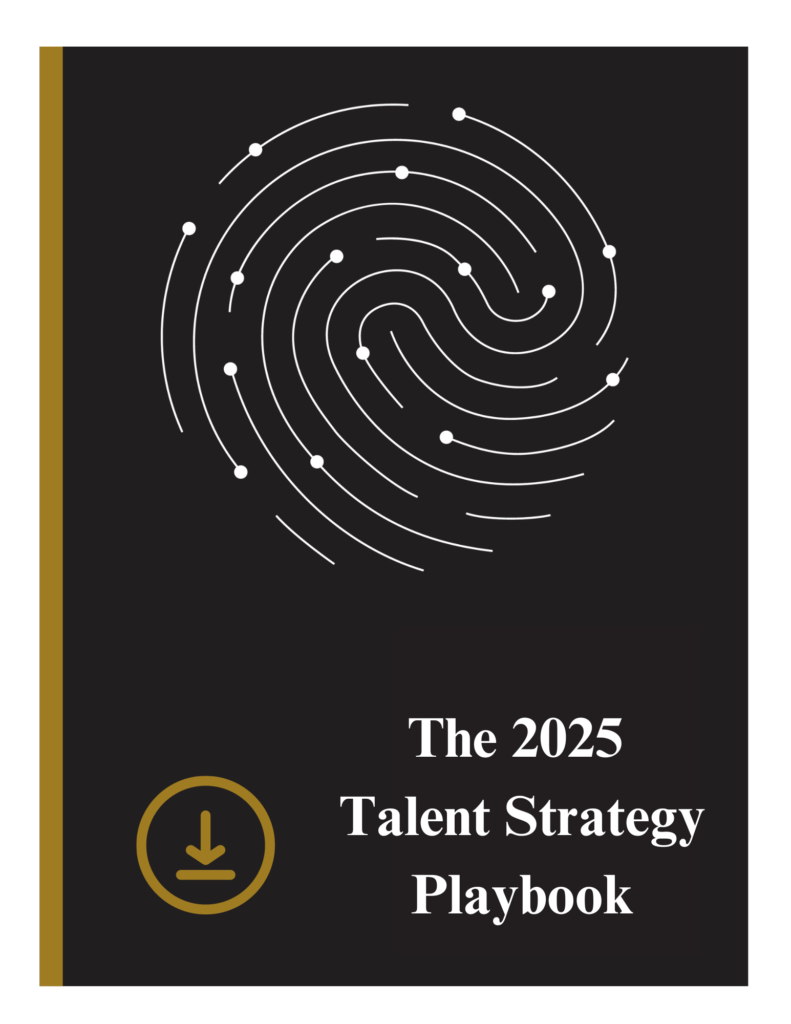Crises are an inevitable part of running a business, whether it’s a financial downturn, leadership gap, operational failure, or an external disruption like a global pandemic. In these moments, organizations often find themselves at a crossroads, needing to act quickly and decisively to stabilize operations and chart a path forward. This is where executive recruiters become invaluable partners.
Executive recruiters don’t just fill vacancies—they play a strategic role in helping companies navigate turbulent times by identifying and securing leaders who are not only equipped to manage immediate challenges but also capable of driving long-term recovery and growth. These professionals understand the high stakes of crisis management and turnarounds and work closely with organizations to ensure the right leadership is in place to guide them through the storm.
When a company is in crisis, hiring the wrong leader can be catastrophic. It’s not just about finding someone with the right resume; it’s about finding someone with the resilience, vision, and experience to handle the pressure and make tough decisions. Executive recruiters specialize in this matchmaking process, offering both speed and precision when time is of the essence.
How Executive Recruiters Add Value During a Crisis
Identifying and Securing Leaders During Crisis:
In times of crisis and organizational turnarounds, executive recruiters are indispensable in connecting organizations with the right leadership. By tapping into their extensive networks, they identify professionals who can stabilize operations, rebuild trust, and implement effective strategies to guide teams through high-pressure situations. Recognizing the urgency these scenarios demand, recruiters streamline the hiring process, swiftly presenting a curated shortlist of highly qualified candidates to ensure leadership gaps are filled with precision and speed.
Ensuring Cultural and Organizational Fit:
A leader’s ability to align with a company’s culture is especially important during challenging times. Recruiters take the time to understand the organization’s values and dynamics, ensuring the selected candidate can build trust and foster collaboration.
Managing Stakeholder Expectations and Communication:
Executive recruiters can assist organizations by ensuring the leadership team is aligned in their messaging and communication strategies during a crisis. They guide leaders in crafting clear, transparent, and empathetic messages that address the unique concerns of each stakeholder group.
Providing Strategic Insights:
Recruiters don’t just focus on candidates—they bring valuable market intelligence and industry insights to the table. This helps organizations understand the broader context of their challenges and make more informed decisions about their leadership needs.
Building a Leadership Pipeline for the Future:
Crises often reveal underlying vulnerabilities in an organization’s leadership structure. Recruiters can help address these gaps by not only filling immediate needs but also identifying future leaders who can help the company navigate challenges down the road.
Executive recruiters are not just talent matchmakers—they are strategic partners who help organizations navigate their most challenging moments. In times of crisis, the right leadership can mean the difference between recovery and further instability. By leveraging their expertise and extensive networks, executive recruiters ensure companies are equipped with leaders who bring resilience, vision, and the ability to drive both immediate solutions and long-term growth.
Whether addressing a leadership gap, stabilizing operations, or preparing for future challenges, recruiters provide more than just a quick fix—they deliver transformative solutions. For organizations at a crossroads, partnering with an experienced executive recruiter is an investment in stability, recovery, and a stronger future.



















